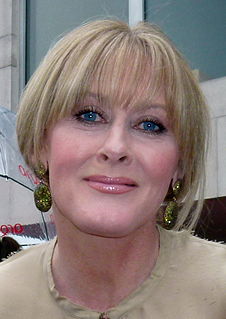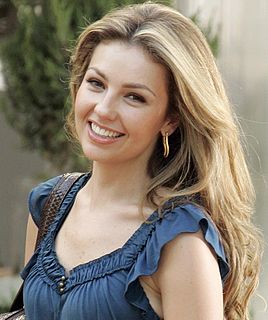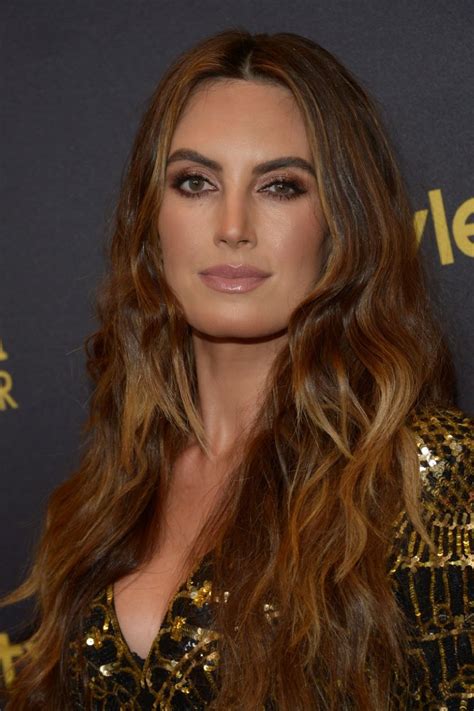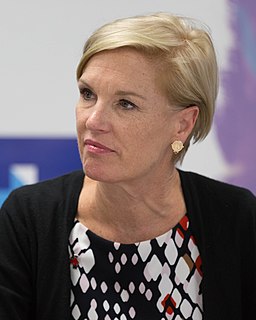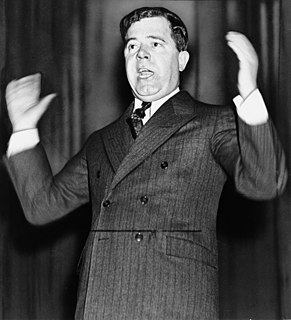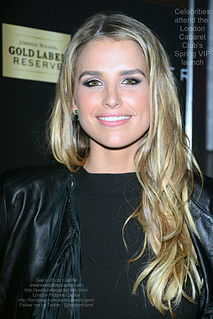A Quote by Sarah Lancashire
Children are part of the natural pattern of life. For centuries people have been having children and going to work. You get on with it, that's what life's about.
Related Quotes
Marriage is under attack from so many different areas. There should be benefits associated with married people. Life is unfair. Maybe you won't find the right person and you won't end up getting married. Oh, well, life is unfair. But married people, because of their capacity to have children, even if they're not going to end up having children, even if they're unable to bear children, marriage is an institution that is absolutely central to civilization.
Going for constant growth is not actually delivering a decent standard of living and the prospect of your children having a better life than you do. That is the key thing that politics needs to deliver: a better life for your children. That's why people are taking their lives in their hands and crossing the Mediterranean and the English Channel.
Each of us must come to care about everyone else's children. We must recognize that the welfare of our children and grandchildren is intimately linked to the welfare of all other people's children. After all, when one of our children needs lifesaving surgery, someone else's child will perform it. If one of our children is threatened or harmed by violence, someone else's child will be responsible for the violent act. The good life for our own children can be secured only if a good life is also secured for all other people's children.
Education and training for all children to be equal in opportunity in all schools, colleges, universities, and other institutions of training in the professions and vocations in life; to be regulated on the capacity of children to learn, and not on the ability of parents to pay the costs. Training for life's work to be as much universal and thorough for all walks of life as has been the training in the arts of killing.
It would be hard to imagine Heaven without children. It wouldn't be Heaven! It would be a pretty boring place without children. What are we going to do, all get to be old people and then stagnate and that's the end of it? Once all those that are already born grow up, the place would really lack life without new generations of children! If there were no children, it would be a dead society.
Ordinarily, I'd claim that I'd never write directly about my children, but the opening conversation of 'Peter Elroy' is a verbatim conversation that my children had that I just loved: morbid, funny, passionate, and obsessed with the truth of things - all natural qualities of children that I'd like my work to contain.
I wish that the adults who are 'in power' cared more about what their children read. Books are incredibly powerful when we are young - the books I read as a child have stayed with me my entire life - and yet, the people who write about books, for the most part, completely ignore children's literature.
I've heard people ask, What's so sacred about a classic books that you can't change it for the modern child? Nothing is sacred about a classic. What makes a classic is the life that has accrued to it from generation after generation of children. Children give life to these books. Some books which you could hardly bear to read are, for children, classic.
